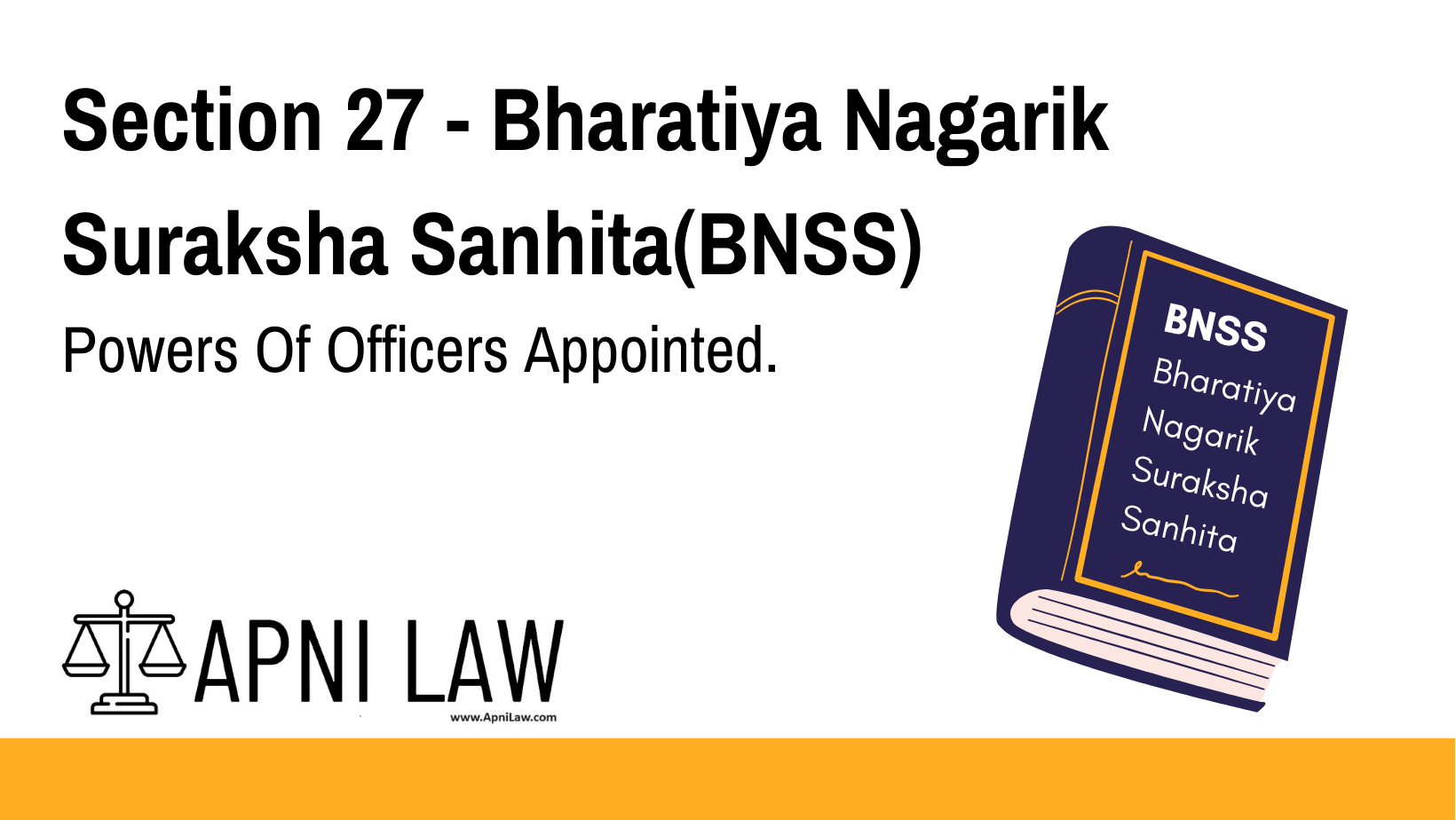Code
Whenever any person holding an office in the service of Government who has been invested by the High Court or the State Government with any powers under this
Sanhita throughout any local area is appointed to an equal or higher office of the same nature, within a like local area under the same State Government, he shall, unless the High Court or the State Government, as the case may be, otherwise directs, or has otherwise directed, exercise the same powers in the local area in which he is so appointed.
Explanation
This section of the BNSS code deals with the continuity of powers vested in government officials when they are transferred or promoted to similar positions within the same state.
Specifically, it states that when an individual holding a government office, who has been granted powers under the BNSS by either the High Court or the State Government for a specific local area, is appointed to a similar or higher position in another local area within the same state, they will automatically retain those powers unless explicitly instructed otherwise by the relevant authority.
Illustration
Let’s say a police officer, “A,” is appointed as the Superintendent of Police (SP) in district “X”. He/she is granted powers under the BNSS to investigate certain crimes. If Officer A is later promoted to the position of Deputy Inspector General (DIG) and transferred to district “Y,” they will continue to hold those BNSS powers in district “Y” unless the High Court or the State Government specifically directs otherwise.
Common Questions and Answers
Q: What happens if the new position is in a different state?
A: The powers granted under the BNSS are specific to the state. It is also in the local area where they were initially granted. Officer A’s powers would not automatically transfer to another state.
Q: Can the High Court or State Government restrict the officer’s powers in the new local area?
A: Yes, the High Court or the State Government retains the authority to limit or modify the officer’s powers.
Q: What is the purpose of this section?
A: This section ensures that government officers can continue to efficiently perform their duties. This includes those related to law enforcement, even when transferred to new positions. It prevents unnecessary delays and disruptions in their ability to act within their designated authority.










